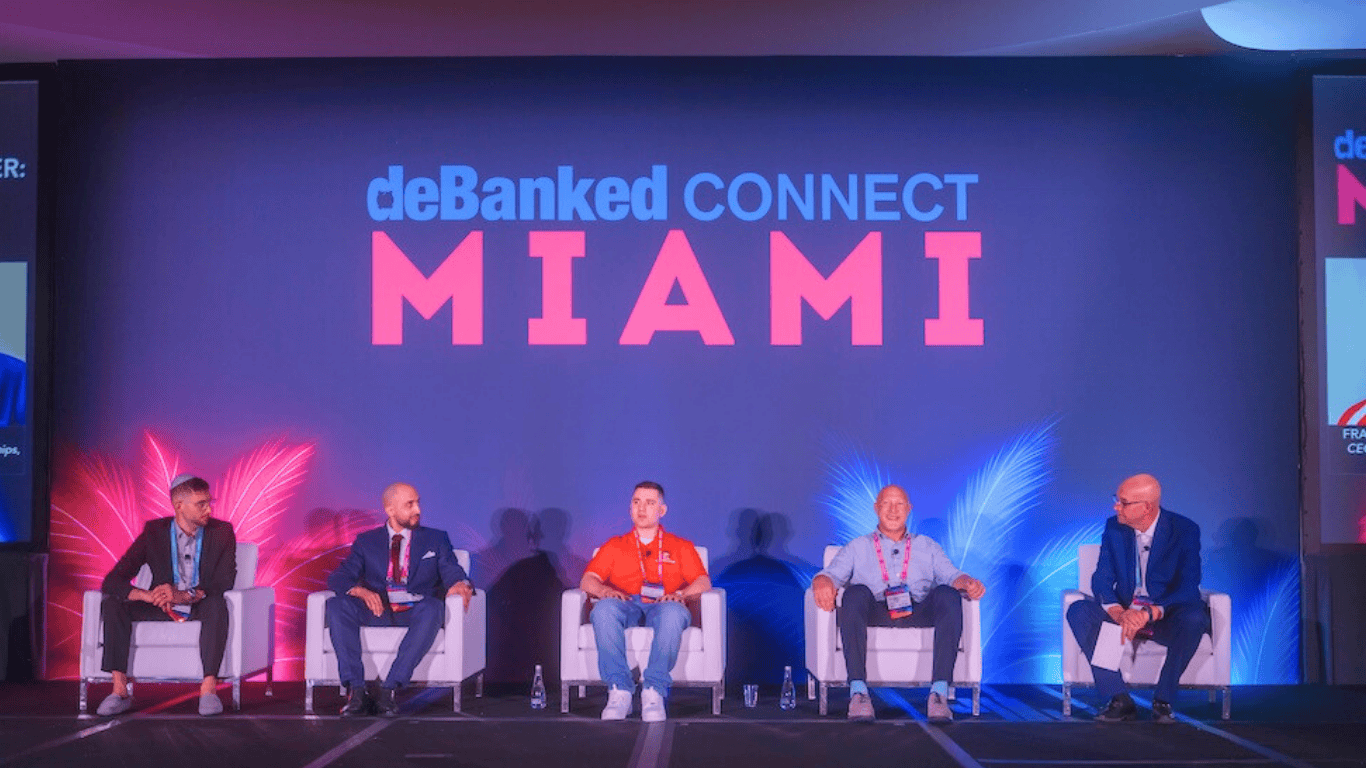Secretary of State (SOS) APIs are revolutionary tools, offering direct access to critical business registration data. However, deploying any powerful technology comes with its own set of considerations and challenges. For our esteemed clients, understanding these nuances isn't just about avoiding pitfalls; it's about optimizing strategy, maximizing efficiency, and maintaining that competitive edge in a market hungry for speed and precision.
Here are the key considerations and challenges you'll navigate when deploying an SOS API, along with the strategic insights to overcome them:
1. Navigating Variable Data Availability and Comprehensiveness
While SOS APIs provide real-time access to official state records, the richness of the data retrieved is directly proportional to what each state publicly discloses. This means data points can vary significantly from one state to another, posing a key challenge for standardized processes.
- State-by-State Discrepancies: Not all states offer the same level of detail. For example, some states, like New Jersey and Delaware, are known for providing minimal information publicly, or may even require a fee for certain filing statuses. This means your API might return comprehensive officer and director details in one state, but only basic registration information in another.
- Normalization as a Solution: Leading SOS API providers, such as Cobalt Intelligence, tackle this by standardizing field names across all states, ensuring consistent data labeling regardless of the source. They will also provide both the raw status from the state website and a normalized "active" or "inactive" flag, simplifying programmatic decision-making despite varied state terminology.
- Strategic Augmentation: To ensure a complete profile, it's crucial to acknowledge these limitations and consider augmenting SOS API data with other verification sources. This hybrid approach might involve blending low-cost commercial APIs for specific checks (like international sanctions) with government-linked APIs for foundational business registration data. This multi-layered strategy ensures comprehensive due diligence and robust fraud prevention, even when primary SOS data is limited.
2. Upholding Data Quality and Addressing Source Inconsistencies
The accuracy of the information retrieved from an SOS API is inherently dependent on the quality of the data maintained by the Secretary of State's office itself. Inconsistent or incomplete data at the source can directly impact the API's reliability and, by extension, your underwriting decisions.
- Reliance on Source Integrity: An SOS API, by design, acts as a direct conduit to official state records. While this ensures authenticity, it also means any inconsistencies, outdated entries, or errors present in the state's public database will be reflected in the API's output. This is why direct access to primary source records, which Cobalt Intelligence provides with timestamped screenshots, is vital for audit-proof evidence and source integrity.
- Intelligent Matching and Confidence Scoring: To mitigate issues arising from minor discrepancies (e.g., typos or alternative spellings), advanced APIs like Cobalt Intelligence's utilize intelligent matching technology and confidence scoring. This returns the most likely match, along with alternative results and a confidence score, allowing your team to assess the accuracy of the retrieved data and make informed judgments.
- Cross-Referencing for Enhanced Verification: The ultimate strategy for data quality is comprehensive cross-referencing. Leading lenders, like 1West, combine SOS data from Cobalt Intelligence with information from credit reports, bank statement data (often through OCR), and platforms like Plaid. This multi-source verification, which can also include TIN/EIN verification and UCC filing data offered by Cobalt Intelligence, creates a robust risk assessment model, predicting potential defaults and enhancing fraud detection by flagging inactive businesses or mismatched officer names.
3. Managing Latency in Real-Time Retrieval
While the promise of "real-time" data is a significant advantage, particularly for time-sensitive decisions like loan approvals and fraud checks, the reality can involve variable latency. This is a critical consideration for maintaining fluid underwriting workflows.
- State Variability in Response Times: The time it takes to fetch data can range from a few seconds (e.g., California) to minutes (e.g., Delaware), primarily due to differences in state website responsiveness and infrastructure. This variability means your system needs to be designed to handle asynchronous responses.
- Leveraging Asynchronous Processing and Callbacks: To prevent bottlenecks, modern SOS APIs, like Cobalt Intelligence's, support callback URLs or webhooks. This allows your system to submit a request and be notified once the data is ready, rather than constantly polling for completion. This is especially useful for batch processing, such as portfolio reviews, where you can submit a list of businesses and receive updated data asynchronously.
- Strategic Use of Caching and Failover: While real-time is ideal for critical decisions, a smart deployment integrates caching strategies. Cobalt Intelligence maintains a database cache covering approximately 70-80% of US businesses. For non-critical checks or if a live data request fails due to a state website being down, the API can automatically try to retrieve data from its cache. This ensures continuity, mitigates latency in many cases, and avoids emergency contracts with premium vendors during outages.
4. Navigating Cost Considerations and Pricing Structures
Accessing SOS API services typically involves a cost per lookup, which can vary significantly based on usage volume and the specific features utilized. Understanding these pricing models is crucial for budget management and maximizing ROI.
- Usage-Based Billing: Most providers, including Cobalt Intelligence, operate on a monthly subscription model where you pay for a set number of "credits" or "lookups". The cost per lookup often decreases as your volume increases, incentivizing higher usage. However, it's important to note that these credits typically do not roll over from month to month, so optimizing your plan to match anticipated usage is key.
- Feature-Specific Costs: Be aware that certain advanced features or data types might consume more credits. For instance, live data requests may consume more credits than cached data due to higher operational costs. Some providers might even parse out additional costs for features like screenshots in the future, as hinted by Cobalt Intelligence. Understanding which data points and functionalities are most critical for your operations will help you select the most cost-effective plan.
- API vs. Comprehensive KYB Platforms: Consider the "ingredient vs. full meal" analogy. A raw SOS API like Cobalt Intelligence's offers core, live data at a more cost-effective rate for specific use cases but requires upfront development effort for integration and custom automation. In contrast, comprehensive KYB platforms like Middesk offer a turnkey solution with pre-built features, enriched data, and workflow automation, but typically come with higher costs for their added functionalities. For alternative lenders, a focused SOS API can be more cost-effective when prioritizing live data for crucial underwriting processes, as demonstrated by 1West's success in processing thousands of leads monthly with automated verification.
5. Managing Technical Complexity and Integration Effort
Integrating an SOS API into existing lending tech stacks demands careful planning and technical expertise. While designed for ease of use, the initial setup and ongoing maintenance require dedicated resources.
- API Design and Documentation: Leading providers offer RESTful APIs with comprehensive documentation, including endpoint descriptions, request/response formats, authentication methods, and sample code in various programming languages. This streamlines the development process, enabling quick integration, often in less than a week, as experienced by 1West with Cobalt Intelligence's API.
- Error Handling and Robustness: Building a resilient system requires implementing robust error handling. The API should clearly distinguish between "no records found" and technical failures, providing clear error messages. Furthermore, for slower state systems, implementing long polling or webhooks ensures that your application doesn't freeze while waiting for a response, crucial for maintaining a seamless user experience.
- Ongoing Monitoring and Maintenance: API integrations are not a "set it and forget it" solution. Proactively implementing automated monitoring tools to track uptime, latency, and error rates is essential. This allows your development team to address issues before they disrupt users, ensuring continuous, high-quality service. The objective is to free up human resources by automating mundane tasks, allowing compliance and underwriting teams to focus on more complex cases or strategic initiatives.
By thoroughly considering these factors, alternative business lenders and institutional lending executives can strategically deploy SOS APIs to automate underwriting, enhance fraud detection, and improve the overall customer experience, solidifying their position in the competitive financial landscape. The investment in understanding these challenges upfront will translate into long-term efficiency, accuracy, and profitability.




%20API.png)







.png)